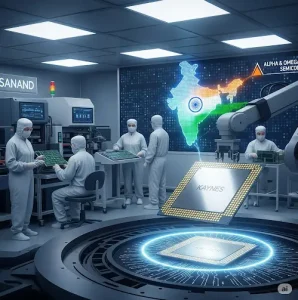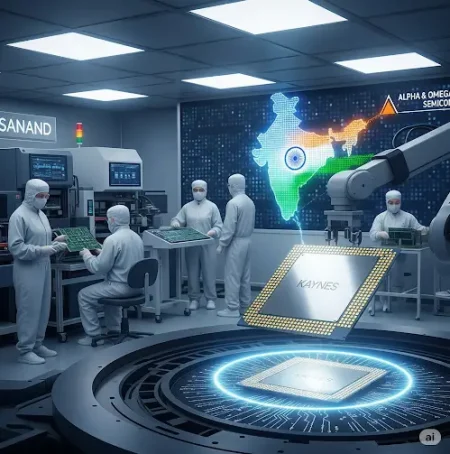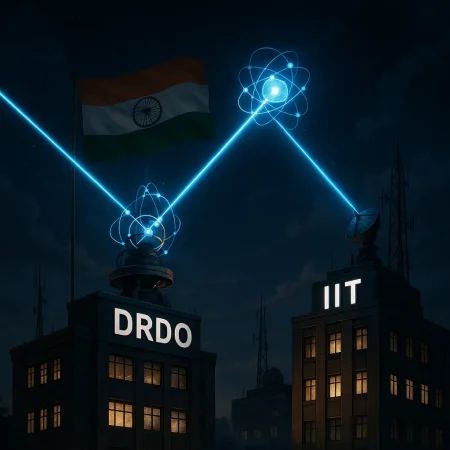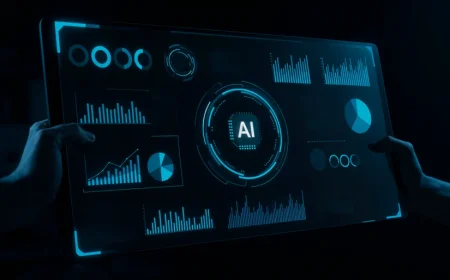The recognition of online learning as a valued asset in the professional realm highlights the transformative role of technology in career development.
In the 20th century, the traditional trajectory involved learning until the completion of formal education, followed by a dedicated period of work until retirement. However, contemporary times have reshaped this paradigm, emphasising learning as a perpetual journey. The shift towards lifelong learning is underscored by the imperative to stay abreast of technological advancements.
The sentiment, “We must become lifelong learners” encapsulates the evolving nature of work environments. It emphasises the need not only to keep pace with technological advancements but also to remain competitive alongside colleagues who adeptly master it.

The reference to technologies like GPT highlights that these innovations are not threats to employment per se, but rather, individuals who harness and leverage these technologies proficiently may outpace their counterparts in the ever-evolving professional landscape. In essence, the 21st-century ethos is grounded in continuous learning as a means to navigate the dynamic and technologically driven nature of the modern workplace.
Jobs and Technology
Technology has transformed professions over the ages, not necessarily replaced them. “The popularity of steam engines eliminated the need for coachmen, but those who learned to operate one or equipped themselves for a number of new roles made possible by steam engines began to make significantly more money. As technology advances, more high-paying jobs are created as well as new ones. You simply have to be prepared for those.

The symbiotic relationship between technology and jobs is becoming more and more evident. Technology, once perceived as a disruptor, is now an integral facilitator of job roles across diverse industries. Automation, artificial intelligence, and digitalization have transformed traditional job functions, streamlining processes, and enhancing efficiency. While concerns about job displacement persist, technology has also ushered in new opportunities and roles. Professions in data science, cybersecurity, and digital marketing have burgeoned, reflecting the evolving demands of the tech-centric era. Additionally, technology has redefined remote work, providing flexibility and connectivity in unprecedented ways.
The imperative for job seekers today is not just proficiency in their domain but also technological literacy. Adaptability to new tools and platforms is a prized skill. Moreover, technology fosters entrepreneurship, enabling individuals to carve unconventional career paths. In essence, the marriage of jobs and technology is a dynamic force, reshaping industries, creating novel employment avenues, and necessitating a workforce that is not just adept at their craft but also tech-savvy and resilient in the face of constant innovation.

How to Keep Learning
The inexorable march of technology has transformed the professional landscape, ushering in an era where understanding and harnessing its power is paramount. The statement, “technology will not eliminate your work, but someone who understands technology better than you may” encapsulates the nuanced relationship between individuals and evolving technologies.
1. Empowerment through Technology:
Technology, when wielded adeptly, serves as a formidable ally, enhancing efficiency and amplifying productivity. Those who comprehend its intricacies find themselves empowered to navigate the complexities of the modern workplace.
2. The Risk of Obsolescence:
On the flip side, a lack of technological fluency poses the risk of professional obsolescence. As industries undergo digital transformations, individuals who resist or fail to adapt may find themselves eclipsed by counterparts who embrace technological evolution.
3. Competitive Advantage:
Understanding technology isn’t merely a defensive strategy; it’s a means of gaining a competitive edge. In a world where automation and artificial intelligence redefine tasks, those with a nuanced understanding of these tools stand out as valuable contributors.
4. Collaboration and Innovation:
Technology fosters collaboration and innovation. Teams comprising individuals well-versed in technology leverage its capabilities to streamline processes, facilitate communication, and pioneer novel solutions.
5. Lifelong Learning Imperative:
The evolving nature of technology demands a commitment to lifelong learning. Stagnation in technological understanding limits professional growth and leaves individuals vulnerable to the dynamic demands of the contemporary workplace.
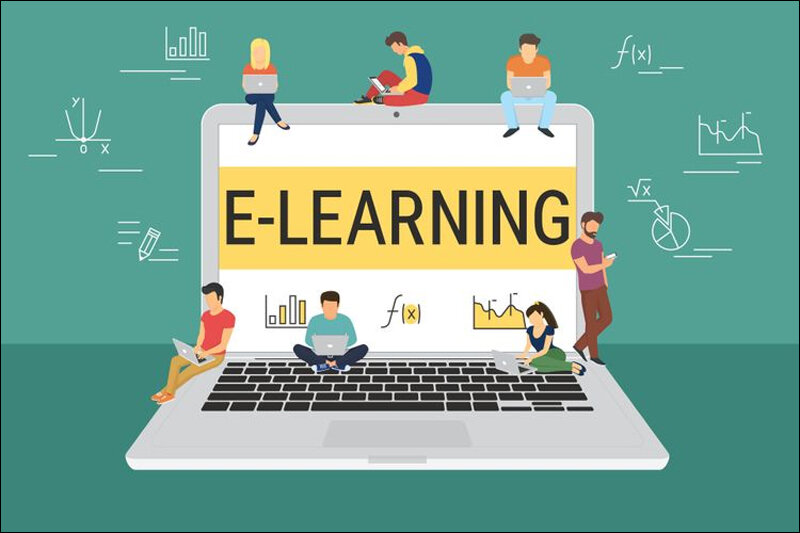
6. Ethical Considerations:
Beyond functionality, understanding the ethical dimensions of technology is crucial. Individuals who grapple with the ethical implications of technological advancements contribute to a responsible and sustainable digital future.
7. Bridging the Generation Gap:
Technological literacy becomes a bridge across generational gaps in the workplace. A multi-generational workforce benefits from shared technological understanding, fostering collaboration and knowledge exchange.
8. The Role of Adaptability:
The adage “adapt or perish” finds resonance in the tech-driven professional landscape. Those who seamlessly adapt to emerging technologies not only safeguard their roles but also position themselves as drivers of innovation.
9. Continuous Evolution:
Recognizing that technology is in a perpetual state of evolution is pivotal. Embracing a mindset of continuous adaptation enables individuals to stay ahead of the curve and contribute meaningfully to their fields.
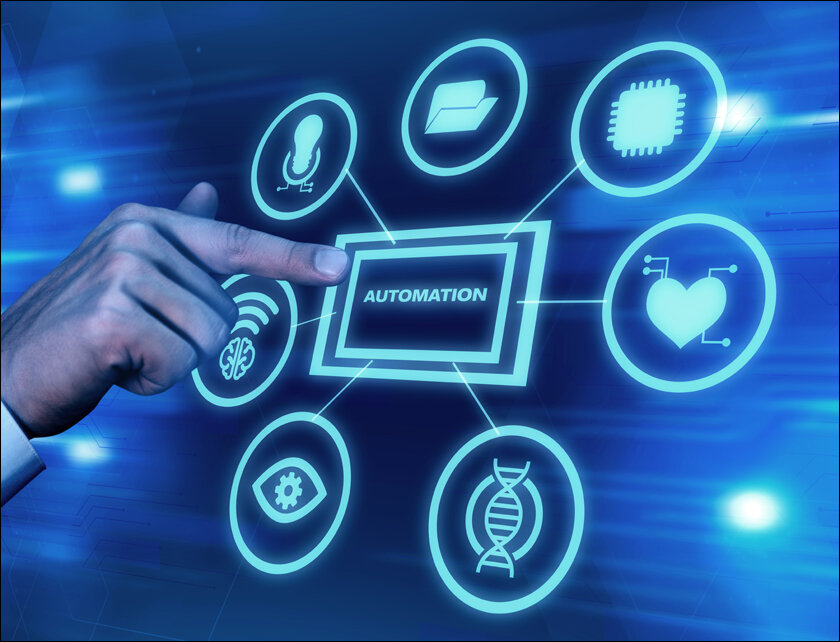
10. Balancing Human Expertise and Automation:
The statement underscores the delicate balance between human expertise and automation. While technology augments tasks, human ingenuity, creativity, and emotional intelligence remain irreplaceable aspects of professional prowess.
How Industries Perceive Online Courses:
In the contemporary professional landscape, the industry’s perception of candidates with online courses has undergone a significant transformation. Once viewed with scepticism, online courses are now widely recognized as valuable assets, showcasing a candidate’s proactive approach to skill development and adaptability. Employers appreciate the self-discipline and commitment demonstrated by individuals who invest time in online learning, as it reflects a genuine interest in staying abreast of industry trends and acquiring relevant expertise.

Online courses also signal a candidate’s tech-savviness and comfort with digital tools, an increasingly vital skill set in today’s tech-driven workplaces. As the world embraces remote work and digital collaboration, the industry now sees online courses as credible indicators of a candidate’s initiative, continuous learning mindset, and readiness to contribute meaningfully to the dynamic demands of the professional arena. It demonstrates that the industry does not differentiate in terms of learning modality. They simply seek the appropriate Candidates.”
In conclusion, the relationship between individuals and technology is symbiotic yet dynamic. Embracing technological literacy is not a means of job elimination but rather a pathway to professional resilience and relevance. As the digital landscape continues to evolve, those who comprehend and harness the power of technology will not only secure their roles but also thrive as architects of the future professional frontier.
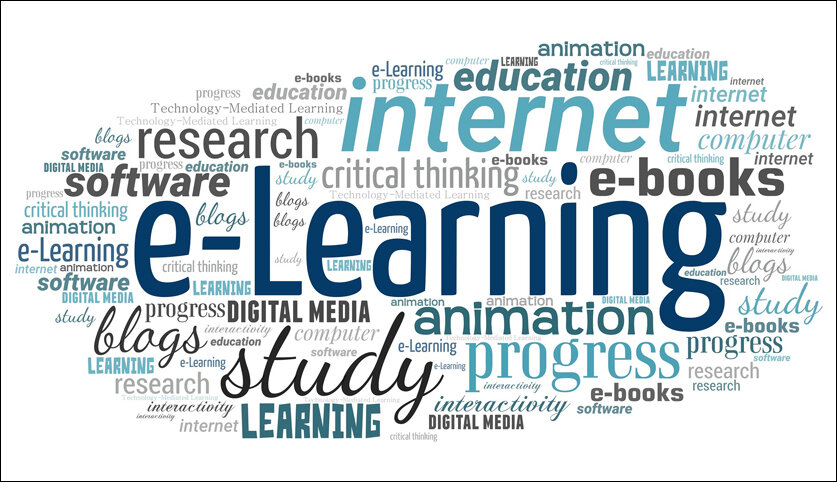
The evolving dynamics of learning, from embracing a growth mindset to the industry’s positive shift in perceiving online courses, underline the imperative of continuous skill development. The recognition of online learning as a most valued asset in the professional realm highlights the transformative role of technology in education. As we navigate this landscape, the next exploration will delve into the top 5 online platforms shaping the future of learning, unveiling the tools and resources that empower individuals on their journey of lifelong education. Stay tuned for insights into the platforms revolutionising the way we acquire knowledge and skills.

